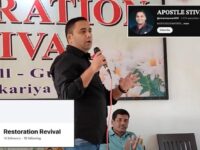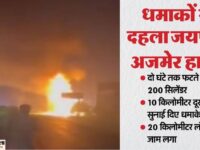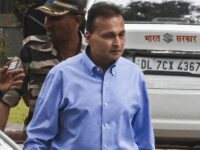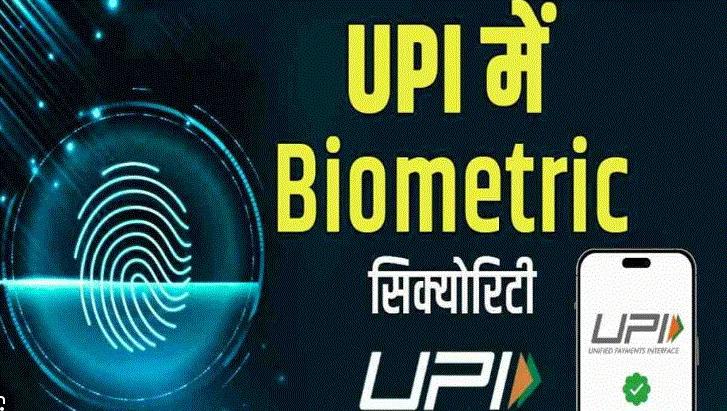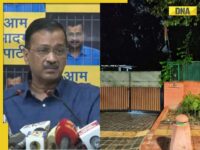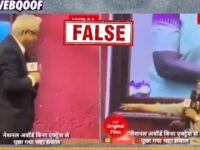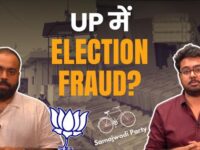For six years, Ladakh knocked on the doors of democracy — peacefully, persistently, patiently. No one answered. Now, the silence has exploded.
On September 24, fire engulfed streets once known for their calm. Tear gas shells clouded Leh’s skies, CRPF vehicles burned, and stone-pelting shattered the quiet resolve of a people who had hoped that dignity and dialogue would be enough. It wasn’t.
This was not just a protest gone wrong. It was a warning that went unheard.
The Price of Broken Promises
The seeds of this crisis were sown on August 5, 2019, when the central government revoked Article 370 and bifurcated Jammu & Kashmir, creating the Union Territory of Ladakh. The move came with a promise: once the dust settled, Ladakh would be granted full statehood. That promise became the foundation of trust.
But trust, when betrayed, breeds resistance.
Since then, Ladakh’s demands for full statehood, constitutional safeguards under the Sixth Schedule, separate parliamentary representation for Leh and Kargil, and tribal protections have been met with vague assurances and bureaucratic deflections. Year after year. Protest after protest. Hunger strike after hunger strike.
Sonam Wangchuk, the revered environmentalist and educator, chose non-violence as his weapon. He marched, fasted, appealed. Not as a rebel, but as a citizen. He became the face of a movement grounded in dignity, not disruption.
Until the country stopped listening.
When Peace Becomes Powerless
When two hunger strikers were hospitalized in critical condition, the dam of frustration broke. Leh shut down. The youth, already simmering from years of unemployment and exclusion, poured into the streets. It wasn’t a riot. It was a scream.
The BJP office was set on fire. Police clashed with protesters. Tear gas and batons replaced dialogue. The violence shocked many, but for Ladakhis, it was the sound of desperation.
Wangchuk, visibly shaken, called off his fast and condemned the violence. “This is a dark day for Ladakh and for me personally,” he said. His voice cracked not from hunger, but heartbreak. Five years of peaceful protest had been reduced to rubble in one afternoon.
But even in that moment, he urged calm. “Whatever the cause, do not follow this path.”
He stood between the youth and chaos, pleading with both sides. Listen. Talk. Think.
What the Government Gets Wrong
Instead of introspection, the central government turned defensive. It accused Wangchuk of inciting unrest, drawing bizarre parallels to the Arab Spring. The message was clear: when people protest peacefully, they are ignored. When they protest violently, they are criminalized.
This approach misunderstands Ladakh and misjudges India.
Ladakhis are not separatists. They are not anti-national. They are asking for the most basic democratic guarantees – representation, protection of land and culture, and a seat at the table of governance. They were promised these things. They are now demanding them.
Labeling dissent as danger is a lazy tactic, and a dangerous one. If a region like Ladakh, known for its peace, resilience, and harmony, erupts, the fault lies not with its people, but with the institutions that failed them.
A Youth Revolution, Not a Mob
It’s tempting to write off the unrest as youthful rage. But that misses the point.
This is not a generation drunk on rebellion. It is one betrayed by silence. They’ve watched their land opened up to outsiders, their employment opportunities slip away, and their political voice reduced to whispers. What began as support for Wangchuk morphed into something deeper — a youth-driven awakening.
It’s not just about Sixth Schedule status. It’s about identity, future, and justice.
What Now?
Violence cannot be condoned. But neither can ignorance.
The government has a choice. It can dismiss this movement as a law and order disruption, tighten controls, and hope the fire dies down. Or it can do what it should have done six years ago. Sit down with the people of Ladakh and listen, honestly and humbly.
There is still a window to make things right. The October 6 meeting can’t be just another photo-op or talking point. The demands are clear, legitimate, and long overdue. Granting Sixth Schedule protections, offering local job quotas, ensuring fair representation. These are not revolutionary asks. They are the bare minimum.
The Last Word
Ladakh didn’t erupt overnight. It was pushed.
Silence from Delhi turned into smoke in Leh. And if there’s one lesson in this, it’s that even the most peaceful corners of the country can burn when ignored long enough.
Ladakh doesn’t need more troops. It needs trust.
It doesn’t need another speech. It needs statehood.
And it doesn’t need condemnation. It needs a conversation, now.




